This fall, everyone is talking about saving energy. Whether at home or in the office, whether companies or private individuals – everyone is being urged to try to keep their energy consumption to a minimum. Besides possible supply bottlenecks and high costs, another good reason to pay attention to how much energy we use is environmental protection.
“One of the biggest tools we have for safeguarding the climate and our energy supply is to use all the energy we have on hand in an efficient manner. Our behavior, in particular, makes it very easy to save a kilowatt hour or two without having to sacrifice any comfort.”
We have identified some of the common energy myths for you to explain which ones are true – and which ones aren’t.
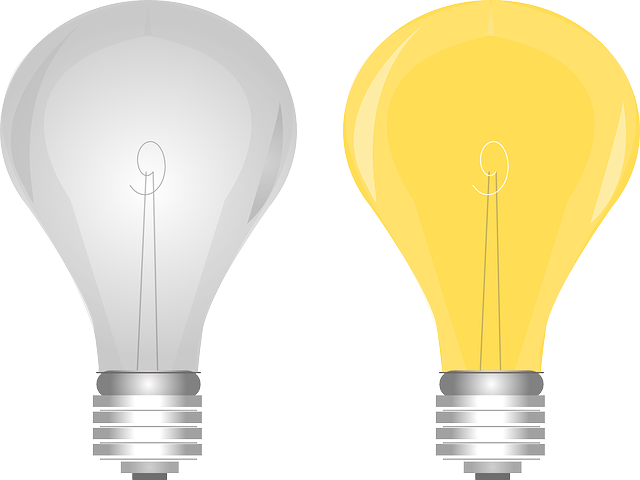
Leaving the light on for a short time is more energy-efficient than turning the light on and off more often. Is that really true?
No. That may be true for standard light bulbs. But LED lights, like the ones we use mostly at VTG, do not have practically any increased power consumption when switched on. All broken light bulbs at VTG at Nagelsweg will be replaced with LEDs.
Plus, the argument that turning lights on and off less often will lengthen their service life also isn’t a good one, as our lights can go through 50,000 switching cycles – which is a very high number. So, if you leave the room, turn the lights off!
To get your hands really clean, you have to wash them with warm water. Is that really true?
No. As Germany’s Federal Center for Health Education explains on its website:
“Water temperature does not have any influence on reducing microorganisms. So, people should select a water temperature that they personally feel comfortable with. Much more important are how long you wash your hands and the amount of friction you use when applying soap on your hands.”
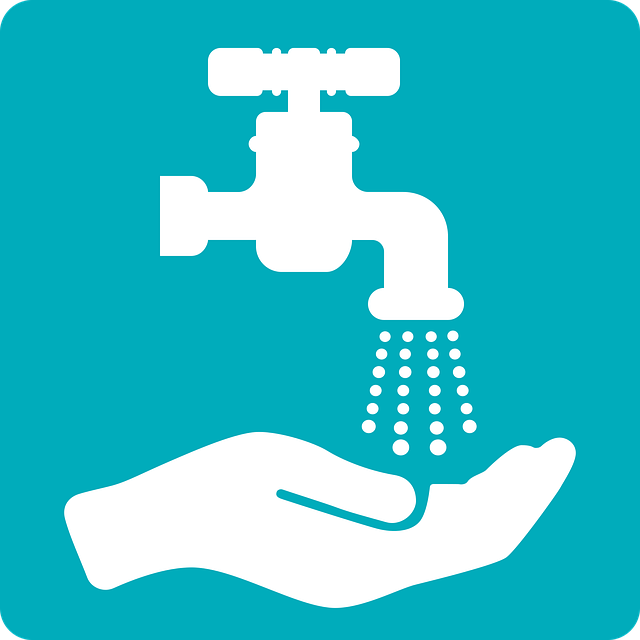
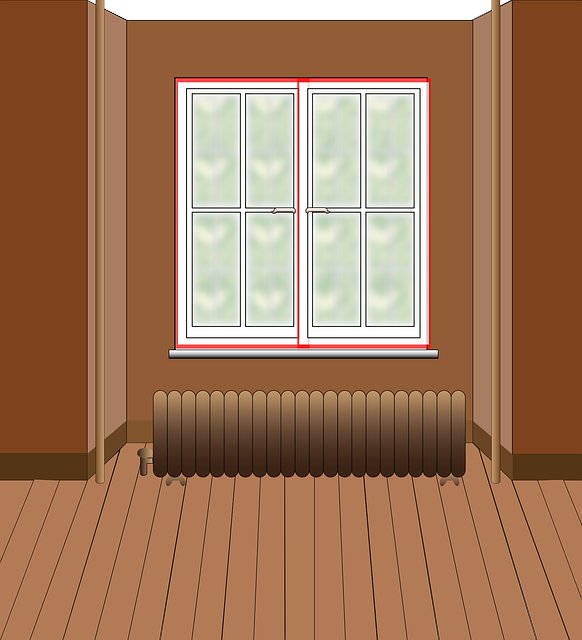
Leaving the heat on at a low temperature instead of turning it off at the end of the day or when leaving the house consumes less energy. Is that really true?
Well, it depends. Germany’s Federal Environment Agency explains the correct way to use heating in its “How-To” section. It says that lowering the room temperature overnight does make sense, but it shouldn’t be lowered more than 5°C. This means that you should feel free to turn the heating down at night and turn it back up in the morning. However, switching off radiators completely – especially at cold times of the year – causes them to cool down too much and requires more energy when heating them back up to maintain the desired room temperature. By the way, opening your windows widely for a brief period of time helps to keep heat in a room better than ventilating it for a longer period of time by keeping the windows cracked.
Chargers that don’t have a device connected to them don’t consume any electricity. Is that really true?
That is not true, as chargers actually do consume electricity even if they aren’t connected to a smartphone or laptop. Of course, keeping a single unconnected charger plugged in won’t consume a lot of energy (less than one kilowatt hour per year). Nevertheless, it’s still worthwhile – for the sake of the environment as well as to reduce costs – to unplug the charger when it isn’t being used. As an alternative, you can also use power outlet strips with on/off buttons or remote-controlled socket outlets.
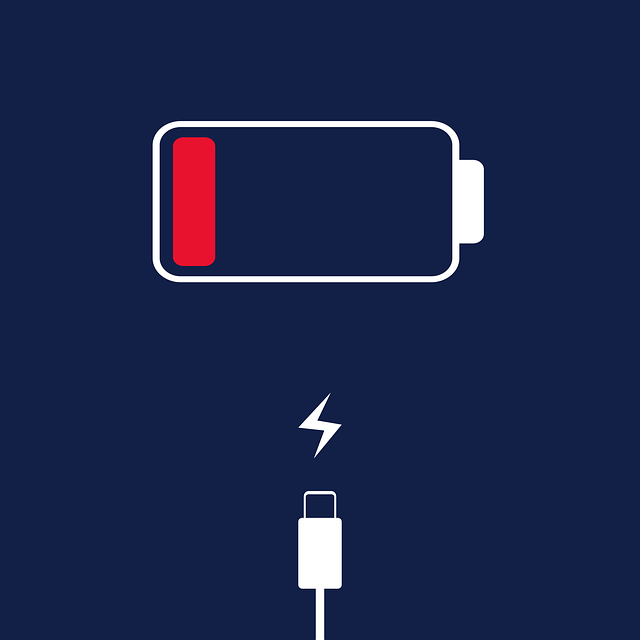
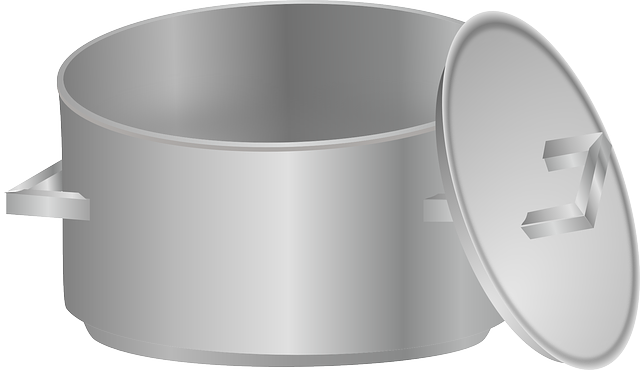
Heating water up in a pot consumes more energy than heating it up in a kettle. Is that really true?
Well, it depends. If you are heating up smaller volumes of water (up to about 1.5 liters), a kettle is more energy-efficient. For larger amounts of water, it’s better to heat them up in a pot – with a lid on, of course.
We look forward to hearing about more energy myths or tips from you in the comments!
Feel free to add links that will help provide an objective assessment.


